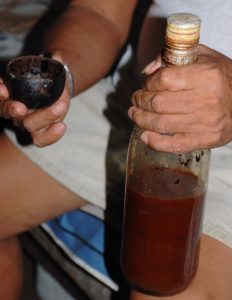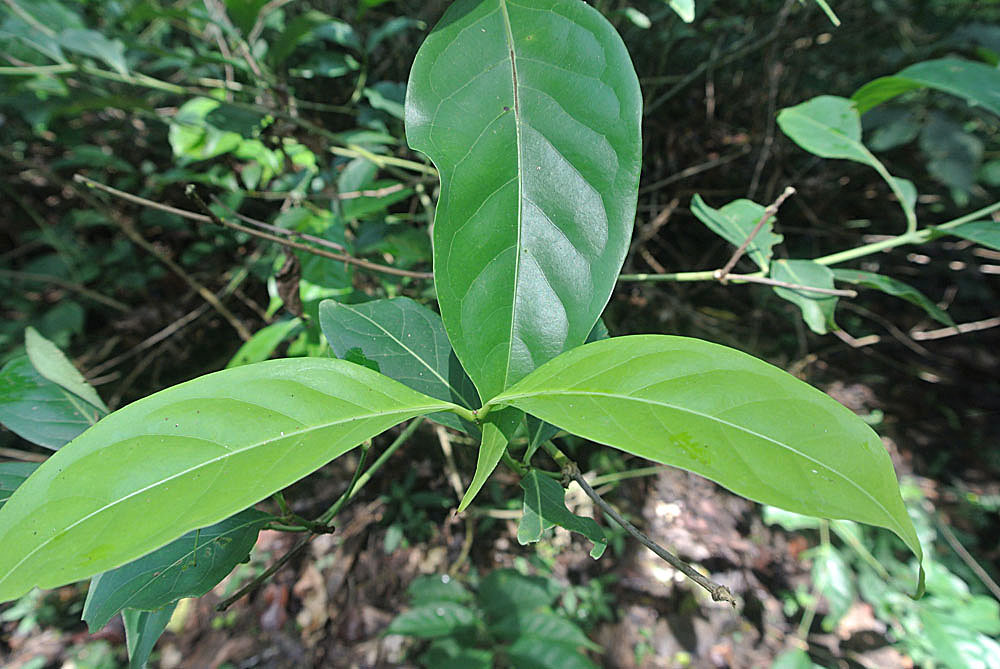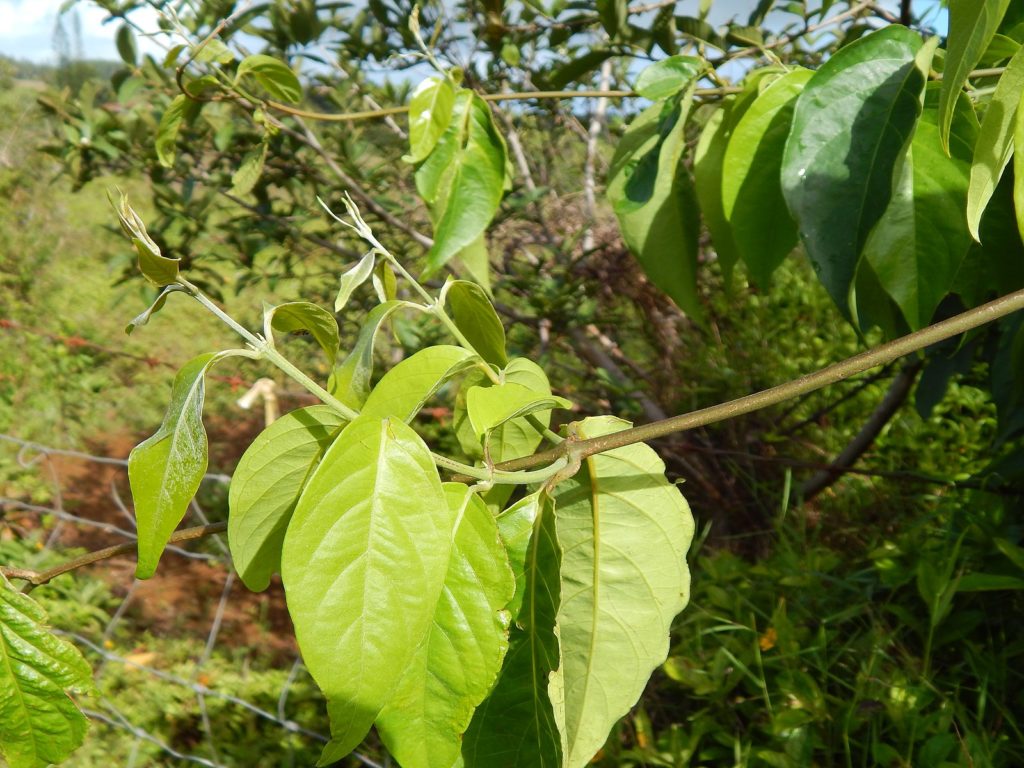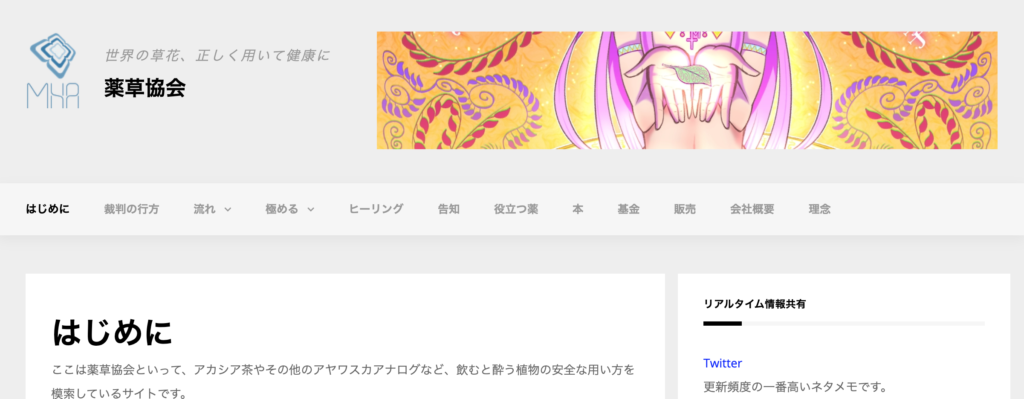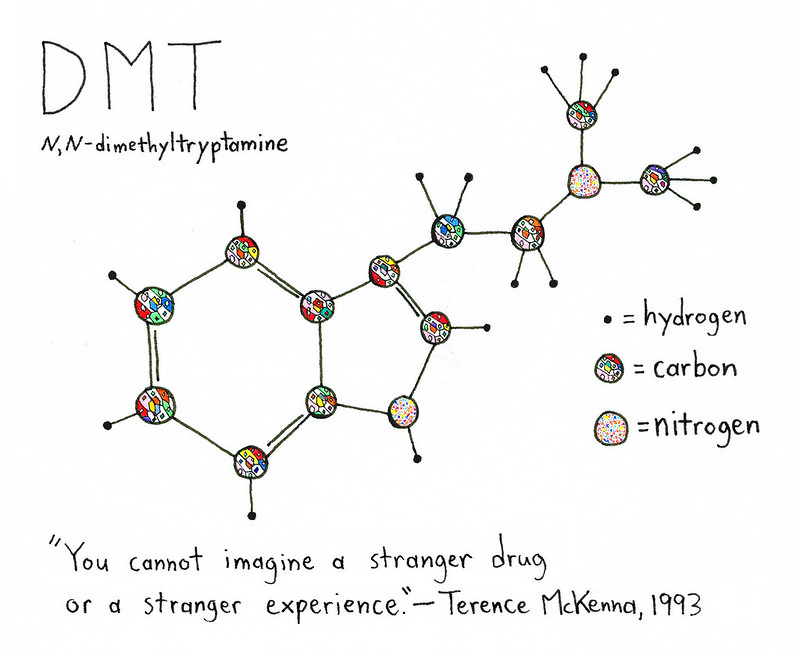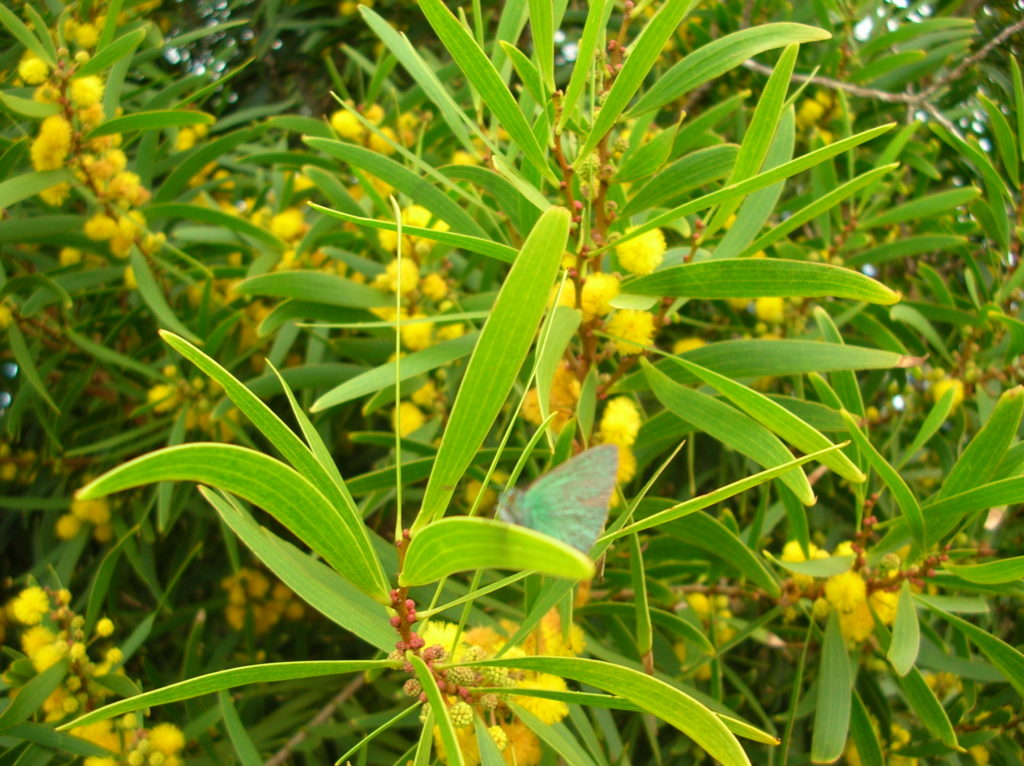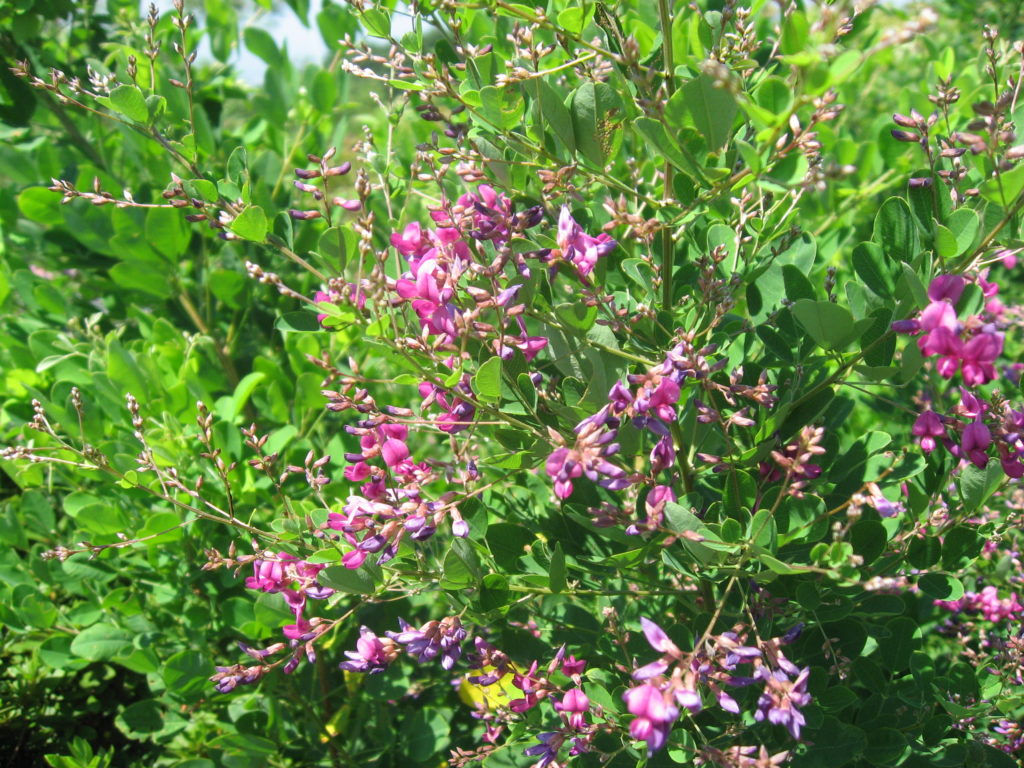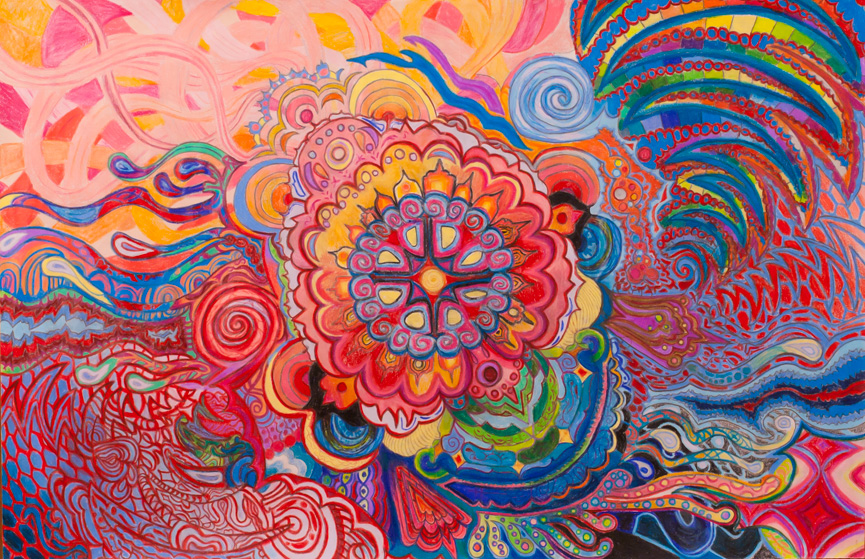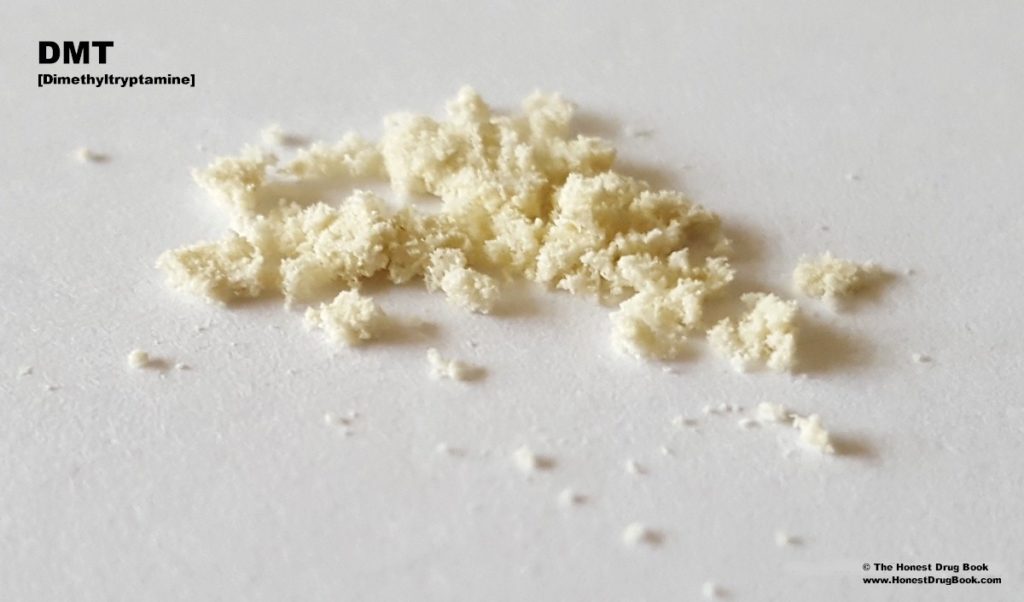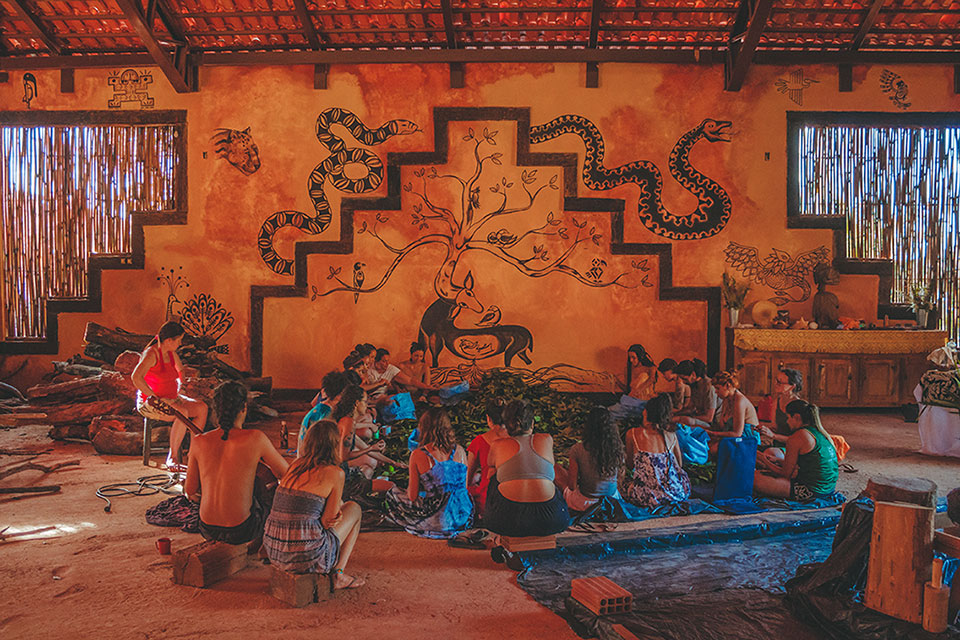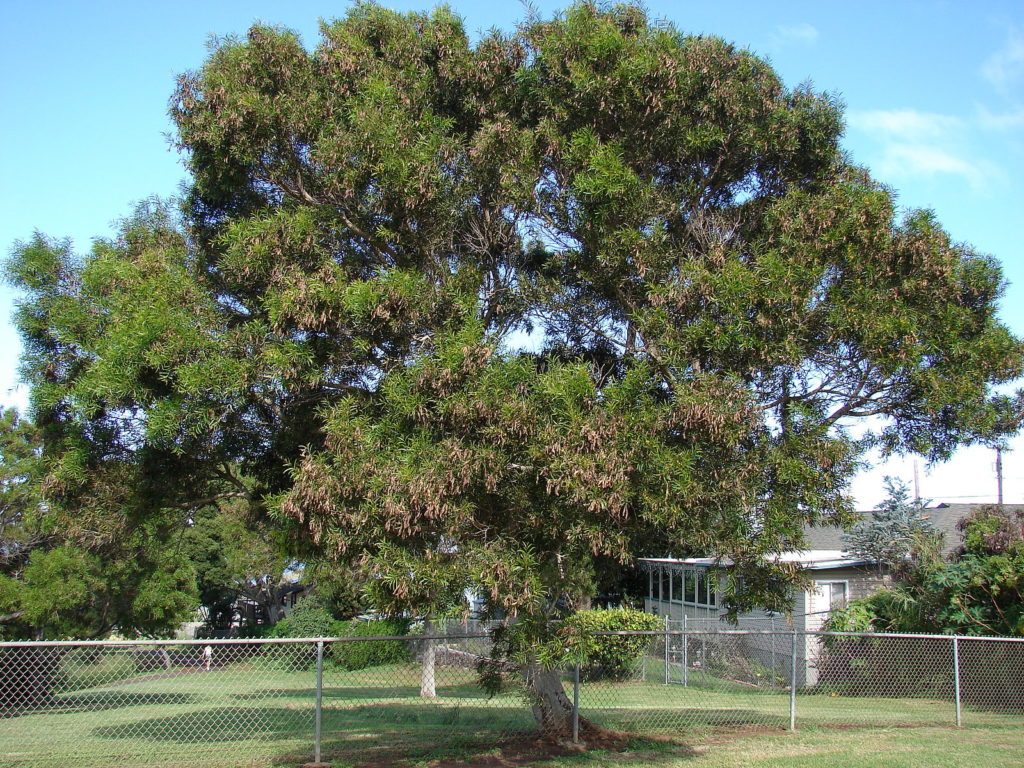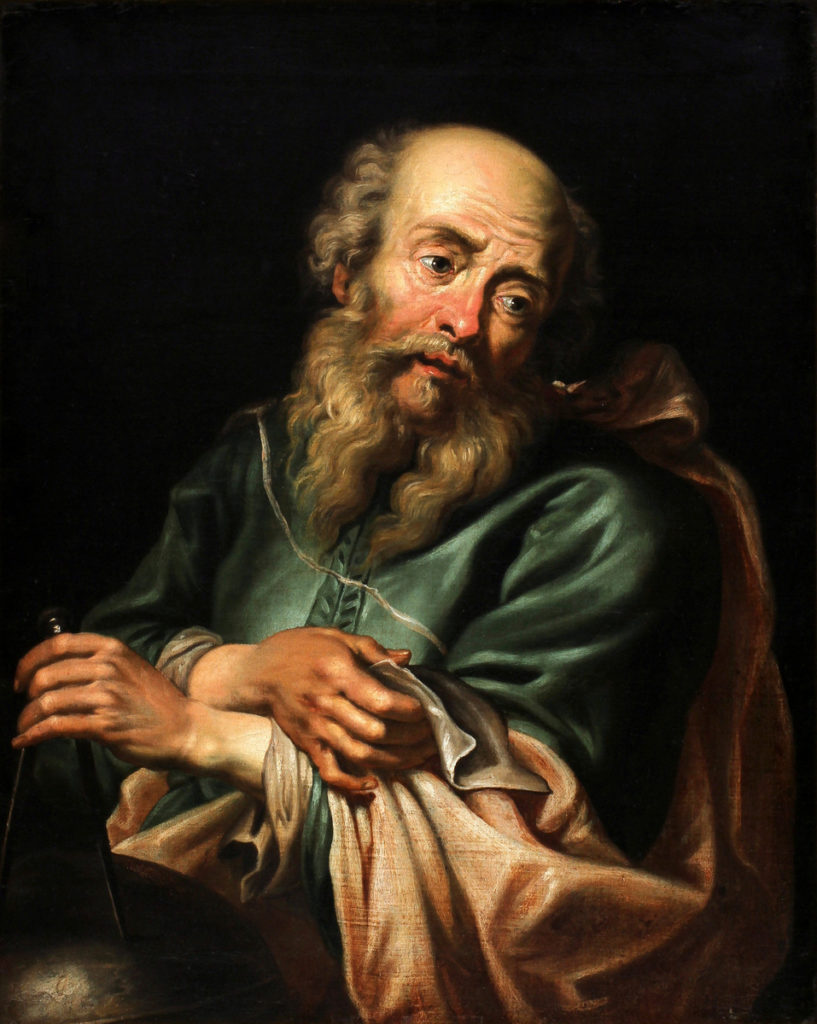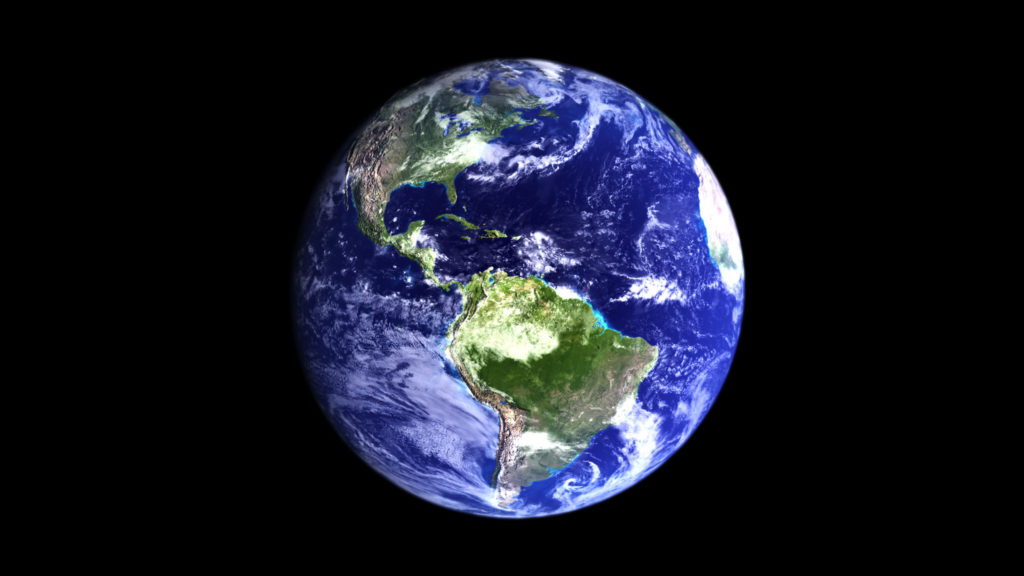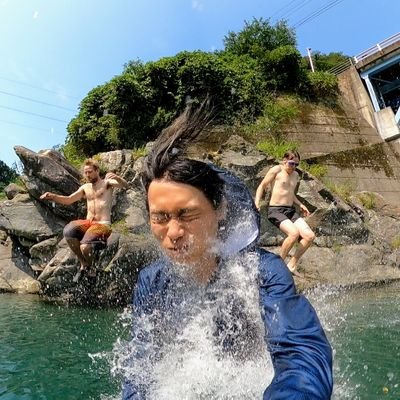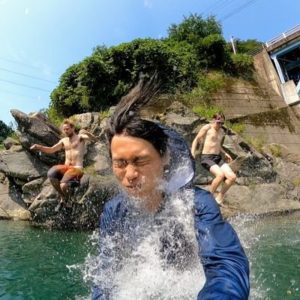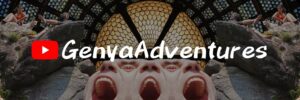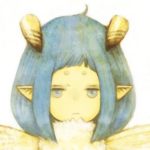To begin with, let me give you some background information: the current conviction rate in Japan is 99.8%.
Contents
- 1 Trial for Ayahuasca in Japan
- 2 What is Ayahuasca Analogues?
- 3 About the Medicinal Herbology Association
- 4 Applicable laws and regulations
- 5 Is Ayahuasca Analogue a drug?
- 6 Tea is not an extract?
- 7 When to regulate
- 8 When the drug manufacturing begins
- 9 The Prosecutor's Final Opinion
- 10 The defendant's request for clarification
- 11 A next trial
- 12 References
Trial for Ayahuasca in Japan
On March 3, 2020, a person named Glass Aoi was arrested and charged with crimes related to drug possession, manufacturing, and selling.
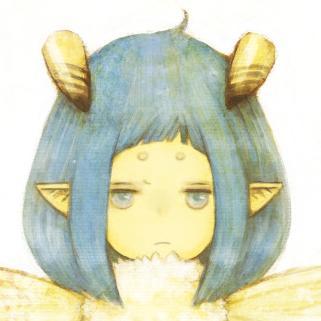
From his own experience, Aoi believed that the medicinal benefits of plants might be beneficial to society.
He created the book "Getting High on Plants" which summarizes the medicinal properties of consuming plants. He also created the website "Medicinal Herbology Association" to explore the safe use of herbs. This includes the use of ayahuasca alternative.
Let me explain what this Ayahuasca Alternative or also known as "Ayahuasca Analogue" is all about.
What is Ayahuasca Analogues?
Ayahuasca is a drink that South American shamans used for treatment and rituals. They concocted the drink with local plants such as Dipopterys cabrerana, Banisteriopsis caapi.
Despite its strong hallucinogenic effects, it has been recognized for its medicinal properties and safety and is still designated a national cultural heritage practice in Peru.
Aoi researched and reported on the possibility of using Japanese plants as a substitute for the medicinal herbs that are used to make ayahuasca in South America. He posted his findings on the MHA website.
Of course, there is nothing wrong with having and using plants at this point.
Cause they're just plants, you know?
About the Medicinal Herbology Association
The Medicinal Herbology Association website's mission is to promote
Using the World's Flowers Correctly for Health
世界の草花正しく用いて健康に
A site that seeks to find safe ways to use plants that get you drunk.
飲むと酔う植物の安全な使い方を模索しているサイトです
The site contains taglines such as.
The site puts a lot of emphasis on the fact that you should get high on plants safely. It clearly describes the proper precautions you should take before consuming any medicinal plants and what to do after consumption. Dietary restrictions and how to safely obtain the ingredients are also considered.
The website also sold the herbs needed for making the ayahuasca analogue.
This was partly to improve safety by providing the correct herbs.
Aoi has expressed his dislike for the manufacturing and selling of legal drugs such as bath salts and incense. Those selling these drugs use reasonings such as "it is not intended for human consumption." and "we have no responsibility if it damages your health." Sentiments that Aoi does not approve of.
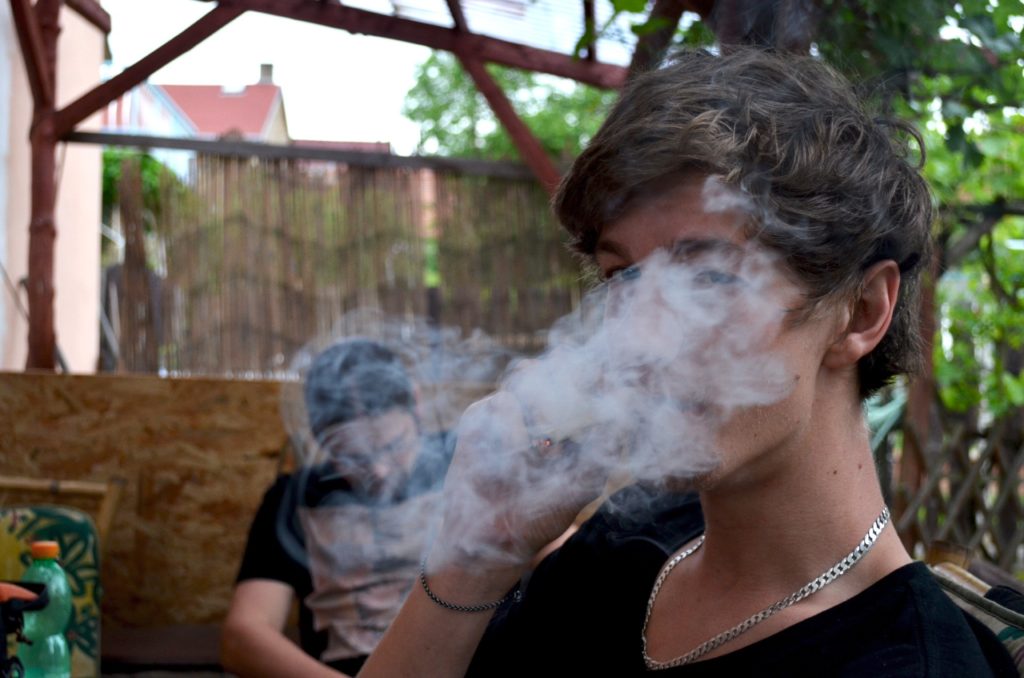
There were many companies selling incense and bath salts, not taking responsibility for the possible negative health effects of consumption. Their stance was "the products are not for human consumption, so we have no responsibility for consumer's health."
Users can only cry themselves to sleep if they suffer from using the product.
In case of an emergency, there were many cases where the situation got worse for fear of calling an ambulance and getting the police involved.
Aoi's aim is to distinguish between using dangerous legal drugs and safe legal drugs. Aoi also aims to make the process of obtaining medicinal herbs transparent and communicating how to use ayahuasca safely.
Next, let's take a look at it from the government's perspective.
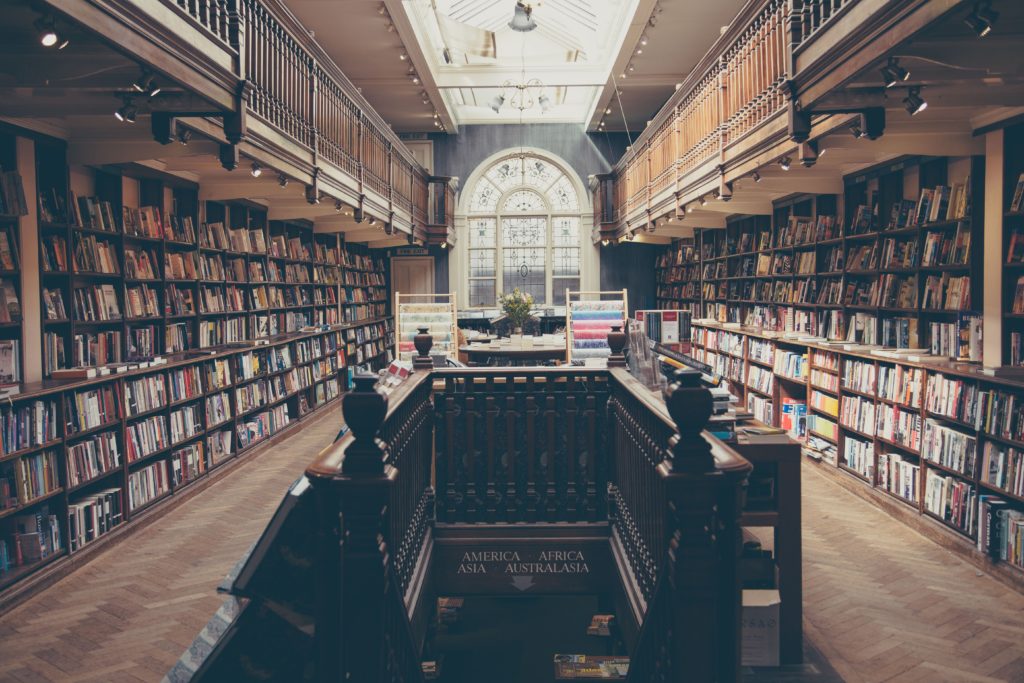
Applicable laws and regulations
The statues that Aoi violated are listed as follows;
Narcotics and Psychotropic Substances Control Act
Article 66.1, Section 66.2, Paragraph 1
Article 27(1), Article 68, Article 65(1)(i)
Aiding and abetting violations of the Narcotics and Psychotropic Substances Control Law
Article 65-1-1, Article 66-2-1.
Article 27(1), 62(1), Penal Code.
A brief summary is as follows;
The seven charges in this case are
- Manufacturing・Application Help
- Holdings
- Use
- Provision of raw materials
- Provision of raw materials
- Provision of raw materials
- Manufacturing Help
So what is the dispute? it is "whether or not ayahuasca analogue is a drug."
If it is not, then these seven charges are not valid.
If they are, then Aoi has committed all seven charges.
So, let's consider whether or not ayahuasca analogue is a drug from a legal standpoint.
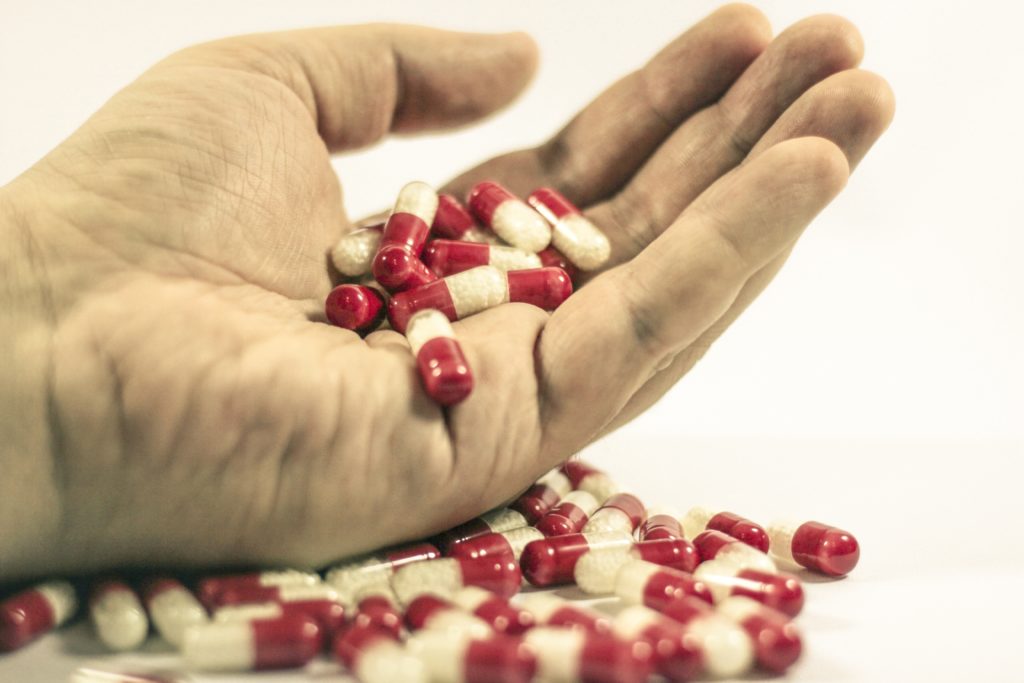
Is Ayahuasca Analogue a drug?
The main active ingredients in ayahuasca are
- DMT (dimethyltryptamine)
- MAOIs (monoamine oxidase inhibitors)
It consists of two hallucinogens called MAOIs.
MAOIs are legal for use and possession in Japan.
This is because it is a drug commonly used in Japan for Parkinson's disease and other conditions.
The problem is that the other ingredient, DMT, is listed as a narcotic under the Narcotics and Psychotropic Substances Control Law in Japan.
DMT is present in the plant Acacia confusa, which Aoi sold, and also in the Shrubby bushclover, which Aoi showed how to use, both of which contain DMT.
However, according to Article 2.1 of the Narcotics and Psychotropics Control Act, DMT is listed as a narcotic drug, but plants containing DMT are not listed in article 4 [narcotic ingredients].
So, in conclusion, the purified and isolated DMT is illegal, but there is no specific regulation on the plants containing DMT.
Ayahuasca analogues were made by turning these plants into tea.
So, isn't the tea an extract? This raises a question.
Tea is not an extract?
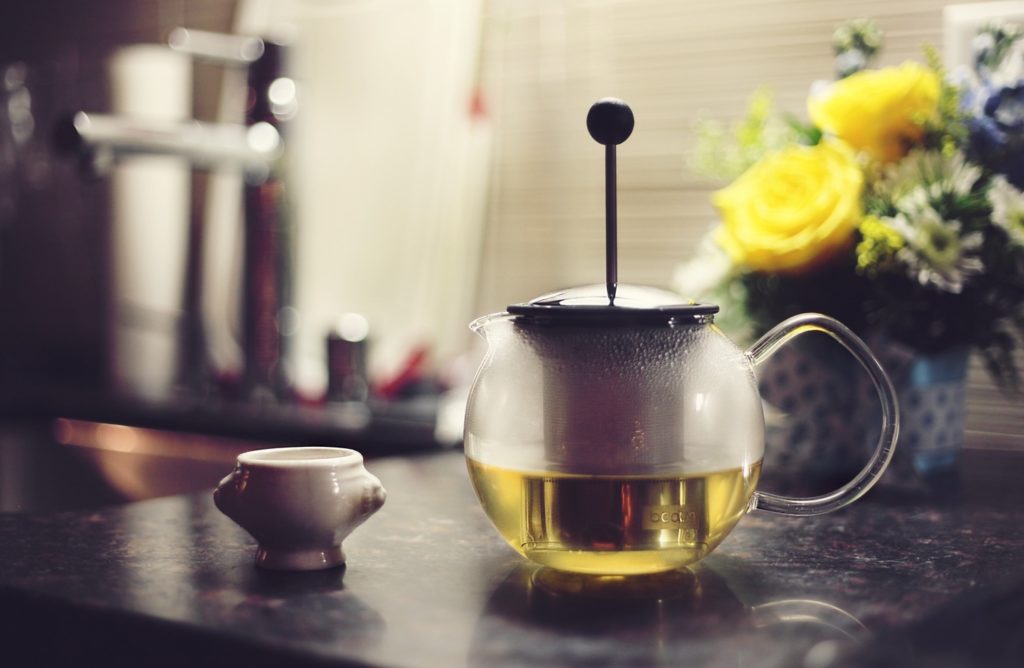
From the Bureau of Social Welfare and Public Health, Tokyo Metropolitan Government, "The Essence of Ingredients (Raw Materials)"
"If a raw material listed on the non-drug list is extracted by a solvent other than water or ethanol, it should be checked to see if the extracted substance is not a pharmaceutical ingredient."
It says that this is the case.
In other words, water (tea) or ethanol (soaked in alcohol) is allowed.
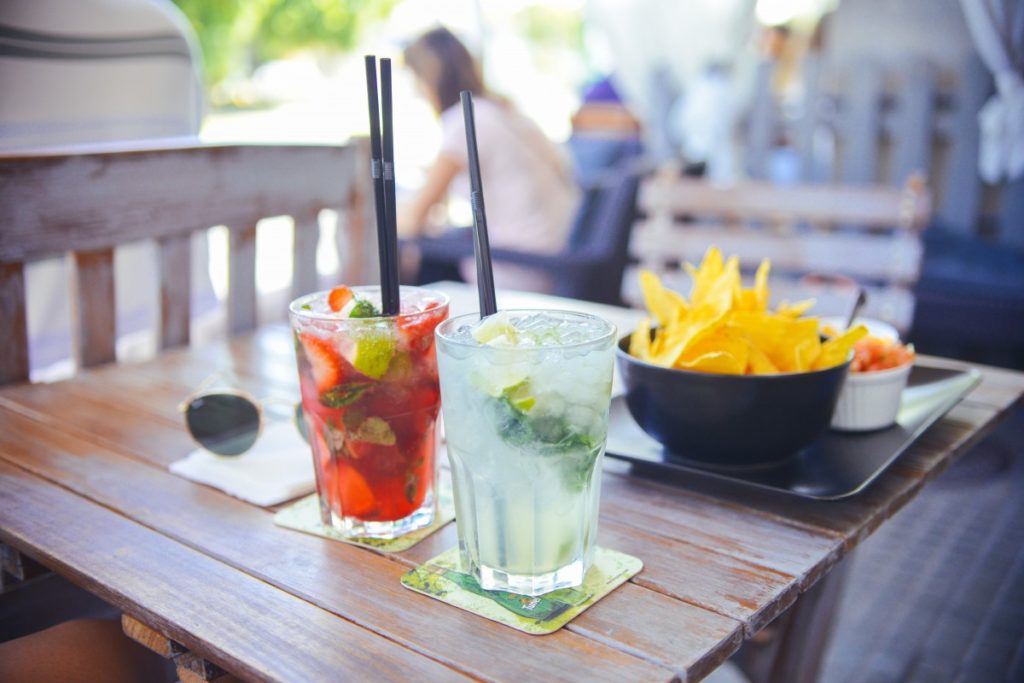
However, in response to the recent illegal drugs, the Pharmaceutical Affairs Law was introduced.
The purpose of this law is to stop unsafe drugs from reaching the market in a short period of time, under the watchful eye of the law.
To summarize the content, the Minister of Health, Labor, and Welfare and prefectural governors will prohibit products that they believe to be "dangerous" from being advertised and sold, and then they will be tested to determine whether they are designated drugs or not.
Even if the product is determined to be a designated drug, if you follow the instructions afterward, you will not be arrested.
Then, the question arises, shouldn't it have been regulated by the Pharmaceutical Affairs Law in the first place?
However, this ingredient, DMT, complicates the issue.
There are three possible processes to regulate it.
When to regulate
- Regulate the substances themselves that contain DMT
- Regulate by DMT content
- Regulate the phasing of extraction.
1. Regulate the substances themselves that contain DMT
Once again, let me explain DMT.
DMT (dimethyltryptamine) is a naturally occurring hallucinogen, an alkaloid substance that is the prototype of the tryptamines.
It is a commonly occurring substance in the brain cells of specific toads and mammals, found in mammalian brain cells, blood, urine, and other familiar substances such as orange and lemon juice.
So even companies that sell orange and lemon juice, bergamot, and mimosa perfume and aromatic oils are caught up in this regulation.
Furthermore, it is contradictory that Aoi was arrested for making tea with hot water and the companies selling concentrated juice are not, and it's not realistic to crack down on all the relevant individuals and companies from now on.
2. Regulate by DMT content
First, DMT is a naturally occurring substance found in humans, plants and animals.
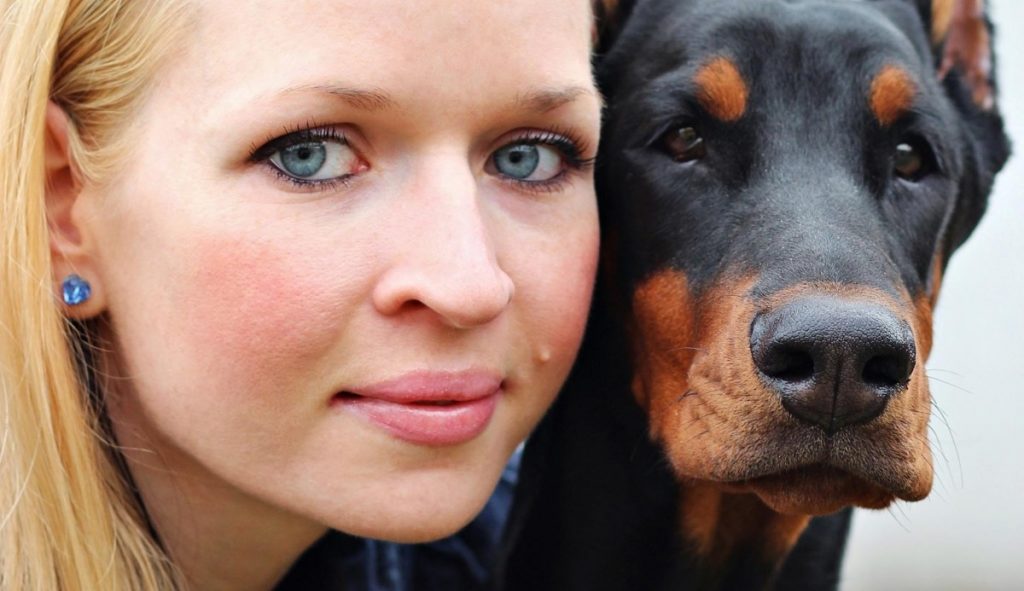
The content of DMT depends on the growing environment and part of the same plant.
In humans, DMT is produced in large quantities by the lungs during hypoxic stress.
This is very difficult and impractical for individuals and companies to handle, as standards are not stable on plants or in liquid form, even if certain standards are established.
And this means that even if DMT is found in the urine of a person who has used it, it could be biosynthesized in legitimate beverages or in the lungs and is not a standard for DMT used.
So how about phasing in the extraction?
3. Regulate the phasing of extraction
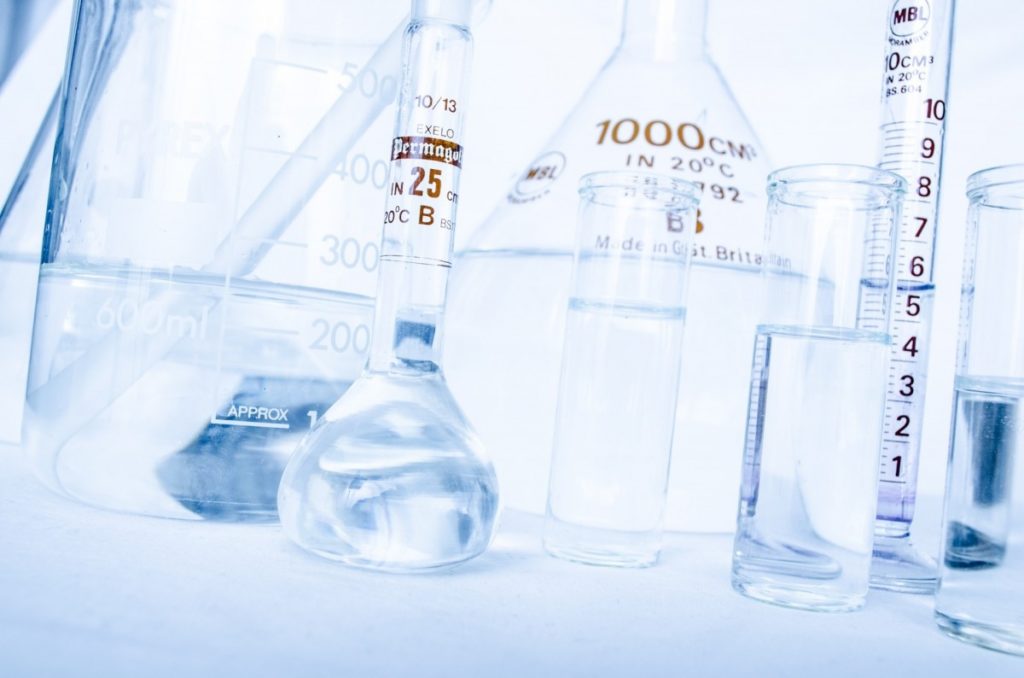
I'll rephrase that with the issues in this case.
There is a question of how much of the process of processing acacia and other plants in question becomes narcotic.
It is believed that the drug becomes more toxic at the stage from 1 to 10.
- Plant State [clearly legal]
- In powder form
- bleached-out state
- Boiled in hot water.
- Hot water with citric acid added
- Further clarified with gelatin
- Water evaporated
- Dried after extraction with ethanol
- Acetone extracted
- DMT in its pureed and separated state [clearly illegal]
What should be clear at this point is that phase 1 is legal and phase 10. is illegal.
The point of contention in the trial is what constitutes the manufacture of drugs.
From here, I will explain the case with the opinions of the prosecution and the defendant.
When the drug manufacturing begins
Prosecutor's opinion on the prosecution of the case as illegal
He produced an aqueous solution containing DMT, a narcotic drug, by adding boiling water to plants and other substances and stirring and filtering them.
This solution was determined to be a narcotic and the prosecution was initiated.
Defendant's opinion
We acknowledge the manufacturing process.
But we dispute that acacia tea is a drug.
1. As long as Acacia is not designated as a narcotic raw material, some of them are not narcotic either
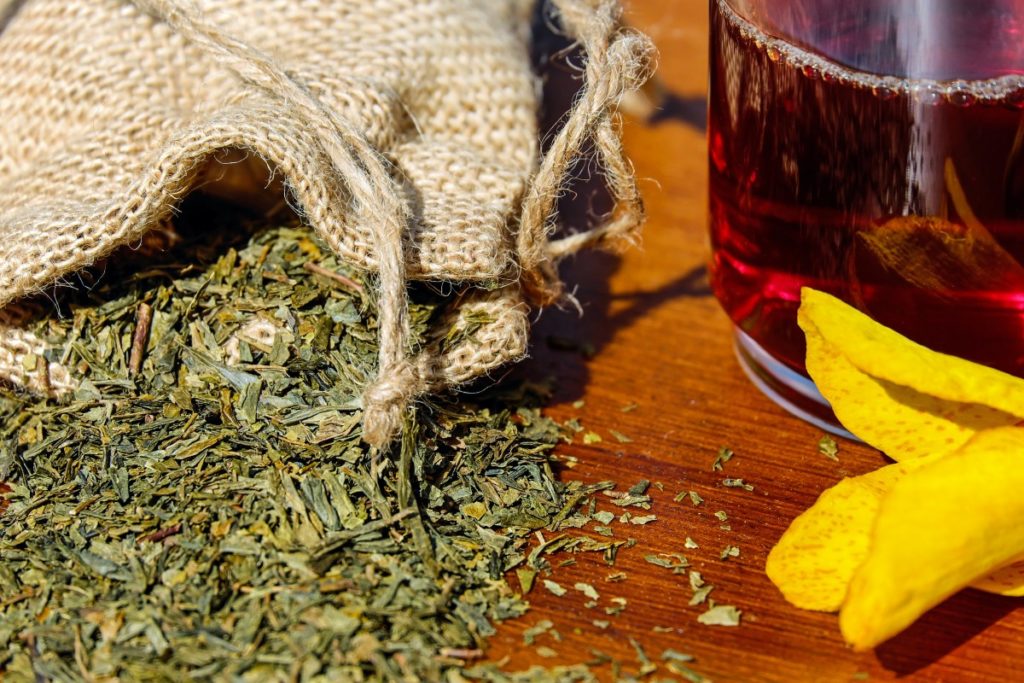
Aqueous solution of plant parts mixed with boiling water and filtered is not a drug because these fine plant parts have been extracted by the solvent.
It may be easier to understand this by using tea as an example.
What makes up a plant is a plant.
At least it's not a drug.
Then how about a plant in powdered form, or in liquid form, which is a plant that has been crushed and squeezed into a fine powder.
Then filter it out with a fine filter.
This is not a drug, but rather a floating plant fragment.
2. not "manufactured" with chemical alteration
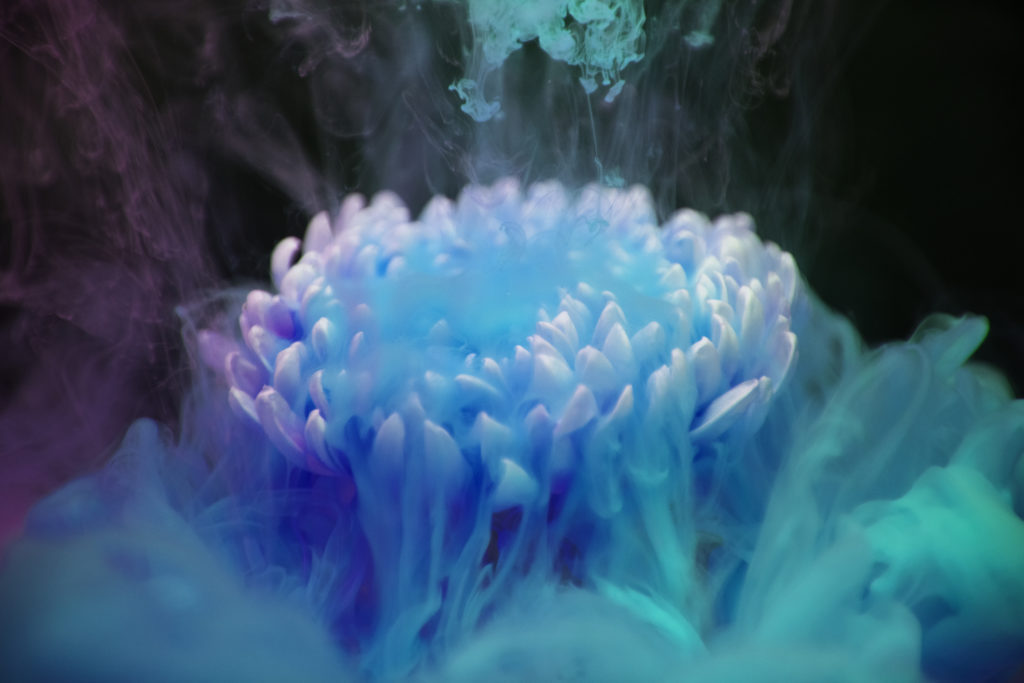
From The Great Conmentaire I (Article-by-law commentary)
The five drug laws state that three methods of "manufacture" are envisioned.
- Produce a drug from something other than a narcotic
- Turning an adulterated drug into a pure drug
- Create another drug out of a drug
In 1.3. the requirement is chemical synthesis or chemical transformation.
Regarding 2. which is close to the present case, it says drugs with impurities, but acacia and other plants are not drugs.
The process of adding boiling water to the plant editions and agitating and filtering them does not involve a chemical change.
In other words, the botanical nature is not lost and it is not supposed to be policed as the production of processed narcotics to the extent that the plants are boiled.
3. violation of the principle of clarity.
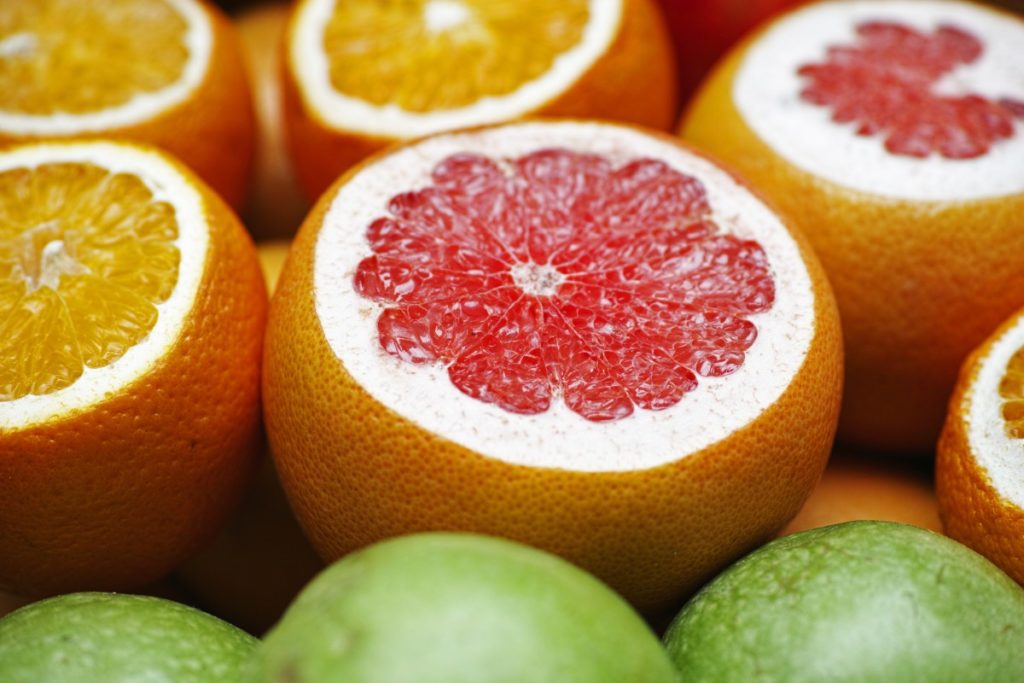
If the prosecutor believes that all aqueous solutions containing DMT are narcotics, then draining blood or urine produced by the human body would be destroying drugs, and drinking beverages containing the juice of lemons, oranges, or other citrus fruits would constitute drug use.
In both cases, you are violating the law.
Although the prosecutor's argument is based on the premise that some things constitute narcotics and others do not, it is a violation of the Constitution to punish the defendant by applying the law in contravention of the principle of clarity of penal laws and regulations, as no specific criteria can be read.
4. the views of the International Narcotics Control Board

DMT is under the control of the Antipsychotic Drugs Convention, adopted in 1971.
In Japan, the Narcotics Control Law was amended in 1990 and renamed the Narcotics and Psychotropic Substances Control Law.
And the article's "products made from plants containing these active ingredients (e.g., decoctions for oral consumption)" are also not under international control.
The prosecutor decided to prosecute this case against the view of the International Commissioner for the Control of Drugs, a quasi-judicial body of the United Nations, and should provide specific grounds for this decision.
5. as a religious act, it is a legitimate act
The defendant refers to the boiled tea as an ayahuasca analogue.
Ayahuasca is a beverage traditionally used by the indigenous peoples of the Amazon as a shamanistic religious ritual and is a national cultural heritage of Peru.
Analogue is a chemical term meaning a compound with similar properties and structure.
It was treated as a sincere religious act to practice a spiritual experience, and even if it is a drug under the legal definition, it is a legitimate act and illegality is precluded.
If it's a religious act here, is it okay? This brings up the question.
religious action would be okay?
Legitimate conduct is a law that does not punish acts related to legitimate laws and regulations or business.
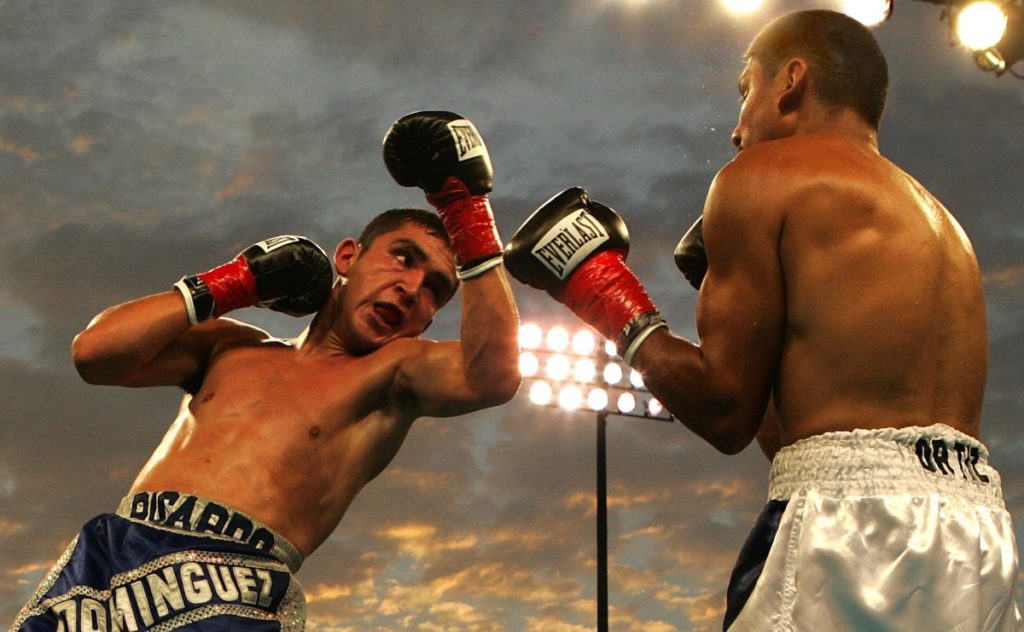
Examples of legal actions
- The act of a prison officer carrying out the death penalty.
- Firefighters destroying structures for digestion and rescue operations.
Examples of Business Conduct
- The act of hitting an opponent in a martial arts fight.
- The act of a doctor performing a surgical procedure.
- Haircutting by barbers and hairdressers
The defense countered with these arguments.
The Prosecutor's Final Opinion
The Narcotic Drugs and Psychotropic Substances Control Act defines plants as "those containing DMT", while plants containing DMT are exceptionally exempted from regulation.
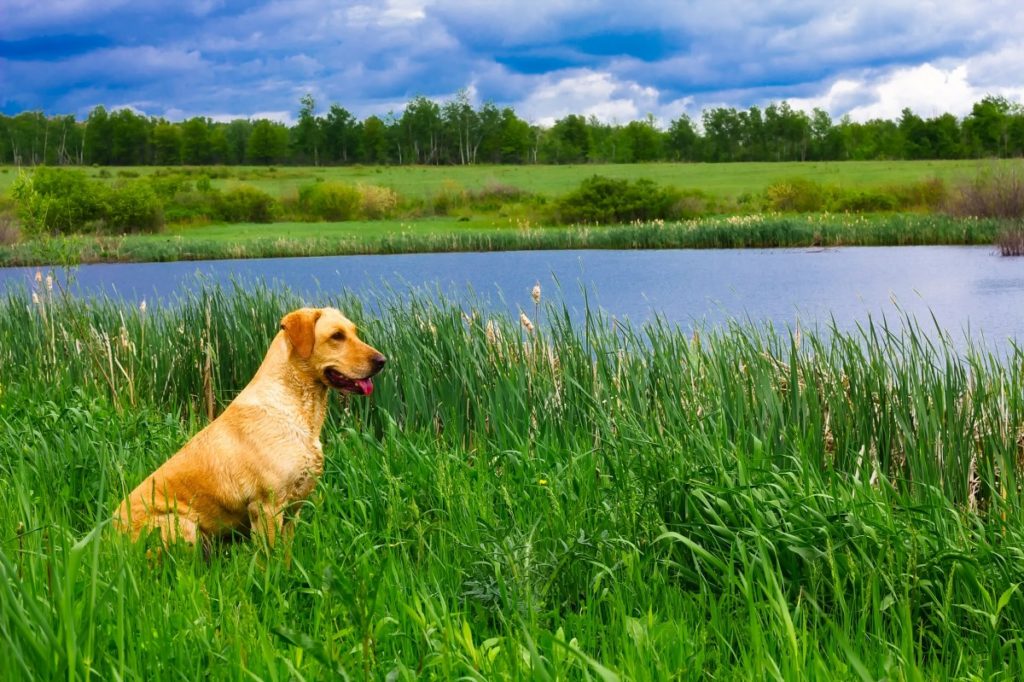
In this regard, the Act does not define plants, but in general, plants are a group of organisms in opposition to animals.
Cells have cell walls and many produce energy on their own through photosynthesis and lack locomotion.
Taxonomically, it refers to the plant kingdom, but its scope has changed based on the findings of molecular phylogenetics.
Depending on the type of chloroplast, it often refers narrowly to green plants, and more broadly to a group that includes red and gray algae.
From paragraph 1467 of the seventh edition of the Kojien dictionary
It is clear in light of sound common sense and the principle of definiteness that the liquid from which the DMT was separated and extracted by solvent from the acacia and other plants provided by the accused does not constitute a plant.
I intend to make clear by examining the witnesses of the officer in charge of the Kinki Welfare Narcotics Control Department that the opinion of the International Narcotics Control Commission cannot be used as a basis for that claim.
That is the opinion of the prosecutor.
This is a reiteration of the argument that the drug is no longer a plant but a drug.
...
Later in the trial, the defendant himself will be given the opportunity to give an explanation.
In a typical trial, the defendant would not say much about what he said because it would affect the trial, but Mr. Aoi said quite a bit.
This was one of the highlights of the trial.
The defendant's request for clarification
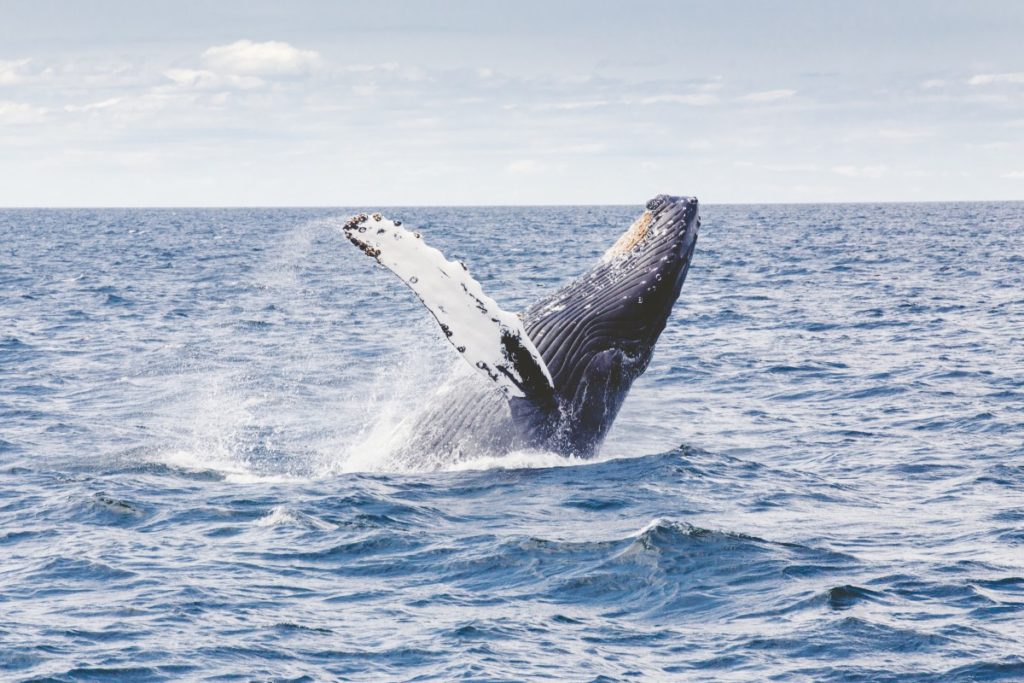
Aoi:
Finally, I can claim it.
I waited six months to argue this because the prosecutor told me to say it in court and they wouldn't leave it on the record.
So let me ask the prosecutor.
"Is a whale a fish?"
The prosecutor did not respond to this.
So let me ask you all a question.
"Is a bat a bird?"
"Is this ground you're standing on now a star?"
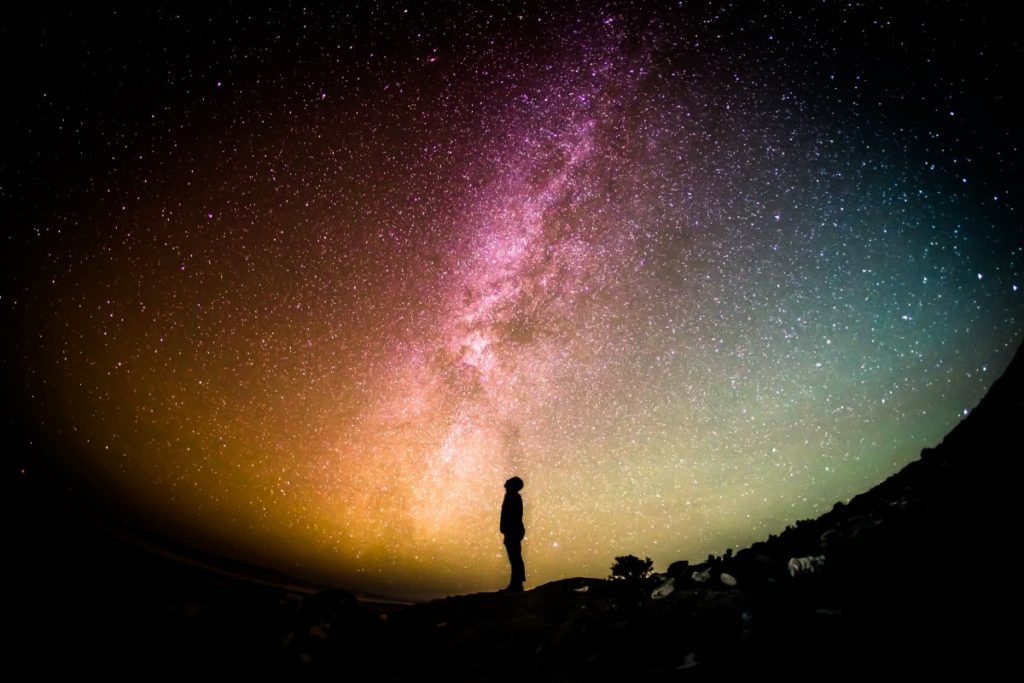
It is a scientific fact, although it is not perceived by our five senses, that where we are standing now is spinning at high speed.
The problem here is the concept of "Umwelt" which is studied in morphology and taxonomy.
The point is that subjectivity is a subjective thing, and taxonomy can be scientific because it has distinguished between the cultural ring world "Umwelt" and the scientific objective environment "Umgebung".
Although I am not an ordinary person who is unfamiliar with the court system, I still know people who have been tried for it in the past.
It was Galileo Galilei, who advocated the geocentric theory.
Galileo, you were punished for saying that the earth still turns.
This trial is the same as the Galileo trial of the Middle Ages in that the issue is Umwelt.
He did not reflect on his Galileo geocentric theory.
It seems that he confessed to the torturous investigation that he had to endure.
So he was not given a suspended sentence and was sentenced to life imprisonment in prison.
In fact, it appears that he was under supervised house arrest.
It wasn't until 300 years later, indeed, that it was ruled that he was completely innocent.
And now, 300 years later, I think most of us have never seen the roundness of the earth in the flesh from space.
But we do know that the earth is round.
We know that it is true, even though it goes against the Umwelt.
This is because of the constant and steady efforts of those involved in science to advance the history of science.
To ignore it and judge it here and now would be tantamount to the loss of the last 300 years.
Why? The reason is simple.
Tea is judged to be a plant for the purposes of branching taxonomy because the plant version is also floating around.
Since it is clear that no gene removal operation was done to the tea, a PCR will reveal the botanical name of the tea and it will be considered a plant according to the molecular taxonomy.
In addition, please explain to the prosecutor what you think would make something that belongs to the plant kingdom cease to be a plant.
If you are willing to answer, please answer with a scientifically valid indicator, whether it be molecular taxonomy, branching taxonomy, evolutionary taxonomy, or quantitative taxonomy.
Saying that tea is not a plant for reasons of social common sense is simply a classification of convenience and is subjective.
A next trial
The next trial will be held on Monday, December 12 at 11:00 a.m. in Courtroom 101 of the Kyoto District Court.
References
日本で幻覚剤が認められる?【青井硝子・アヤワスカ裁判】
薬草協会 - Medicinal Herbology Association
東京都福祉保健局 - Bureau of Social Welfare and Public Health, Tokyo Metropolitan Government
東京都福祉保健局 物の成分本質(原材料)について - The Essence of Ingredients (Raw Materials)
